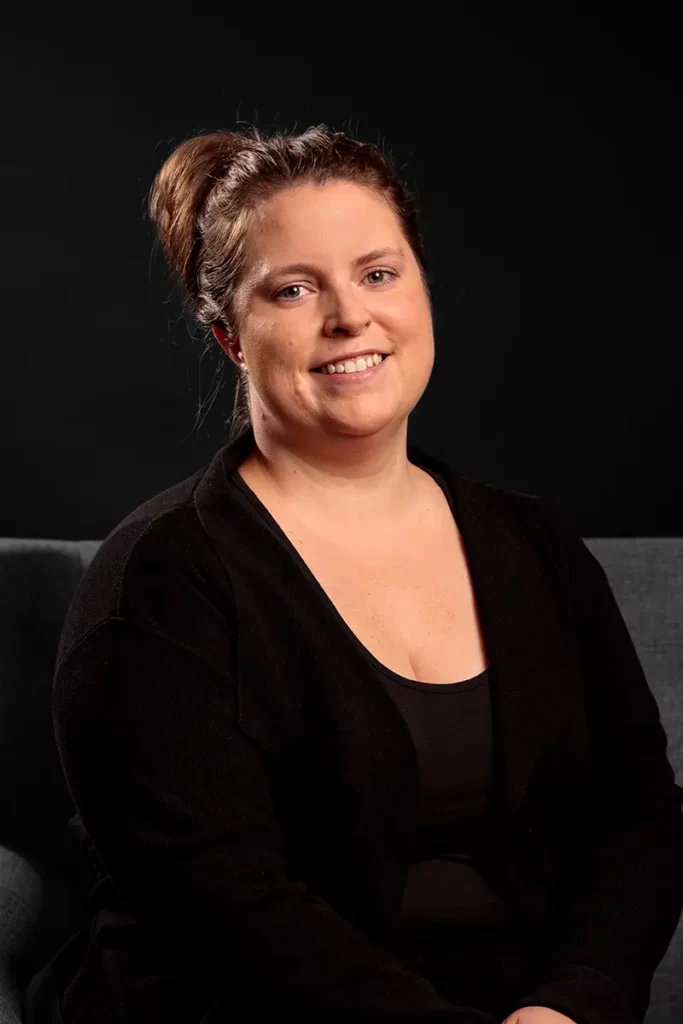The things a parent says to a child in life—or even on his or her deathbed—can be eclipsed by the emotional weight of a Will. Suddenly, a legal document boils a lifelong relationship down into a bank account and some belongings. In many cases children are rarely prepared for this emotional time. Children will often overcompensate late in a parent’s life for earlier shortcomings. Some kids devote a concentrated period of time to caring for an ailing parent or schedule a holiday together. Unconsciously, children may be trying to rid themselves of guilt or improve that “final grade.” Wills also tend to reawaken ancient sibling rivalries; children, even adult children, are extremely sensitive to perceptions of unfairness.
Take this Scenario as an example: It may have been just a few days since her mother’s funeral, but Katie was consumed with anger and resentment. She had spent ten years caring for her ailing and cantankerous mother before the elderly woman passed away. Because she lived nearby and had no children, Katie took on much of the burden—her older brother and younger sister lived farther away and had their own families to manage. Initially, it was just a matter of buying groceries and running errands, but toward the end, Katie was there all the time, feeding and bathing her. It wasn’t easy: Her mother complained about everything from how dinner was cooked to where Katie had parked her car. After her mother’s death, Katie learned the estate would be split equally among the three children. She was surprised by the bitterness that she felt. Mixed in with the grief was a profound sadness that, over the years, her mother never once expressed any gratitude for her middle child’s tireless help—even in this last decision. Katie felt that her mother’s will, by ignoring her sacrifice and loyalty, proved her suspicions that her brother had always been the favourite.
When a parent dies, everything that happens with the siblings is exaggerated. Children see it as a repetition of all the conflicts that came before. Yet few people consciously realise that will-related disagreements are new manifestations of old family dynamics. Many parents want to acknowledge the contributions of a child caregiver, but balk at providing for it in their will because it clashes with the notion that children should be loved equally.
Estate Lawyers agree that a will is not the place to play favourites. A “performance-based” Estate Plan—favouring or punishing one child—is a sure fire recipe for relationship breakdown among heirs, especially if such a plan is unexpected. Had Katie received 50 percent of her mother’s estate and her two siblings each received a quarter, it’s likely Katie would have had to contend with their resentment. While most children expect to receive part of their parents’ estate, if there is one, the majority of families never discuss how inheritance will actually play out. It’s not unusual for parents to find it easier to deal with the legal aspects of their estate than to talk to their children. Had her mother written Katie say a letter, thanked her in person, or given her a small gift in appreciation of her help, Katie probably wouldn’t have felt so conflicted. The law recognises a person’s right to choose who will inherit his or her Estate. Often there are very good reasons as to why a person may have been left out totally or received an unequal share of their parents Estate.
If you want to contest a Will, we strongly recommend that you seek prompt legal advice from a specialist Lawyer from Attwood Marshall to ensure that your entitlements are fully protected. No matter what your particular issue or Will dispute is, our experienced Wills and Estate Litigation Lawyers will guide you through the entire process to assess the relevant issues and disputes you may have and advise you of the options available to resolve them.
Please ring our department manager Donna Tolley on direct telephone 07 5506 8241 or freecall 1800 621 071 or email Donna on dtolley@attwoodmarshall.com.au

